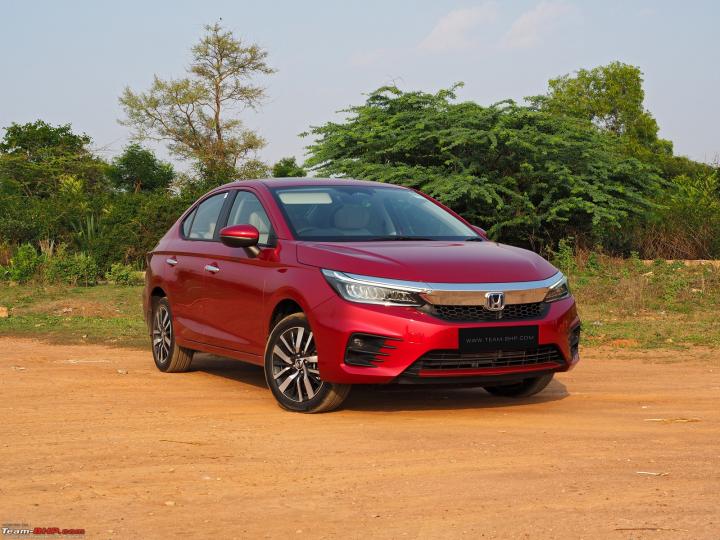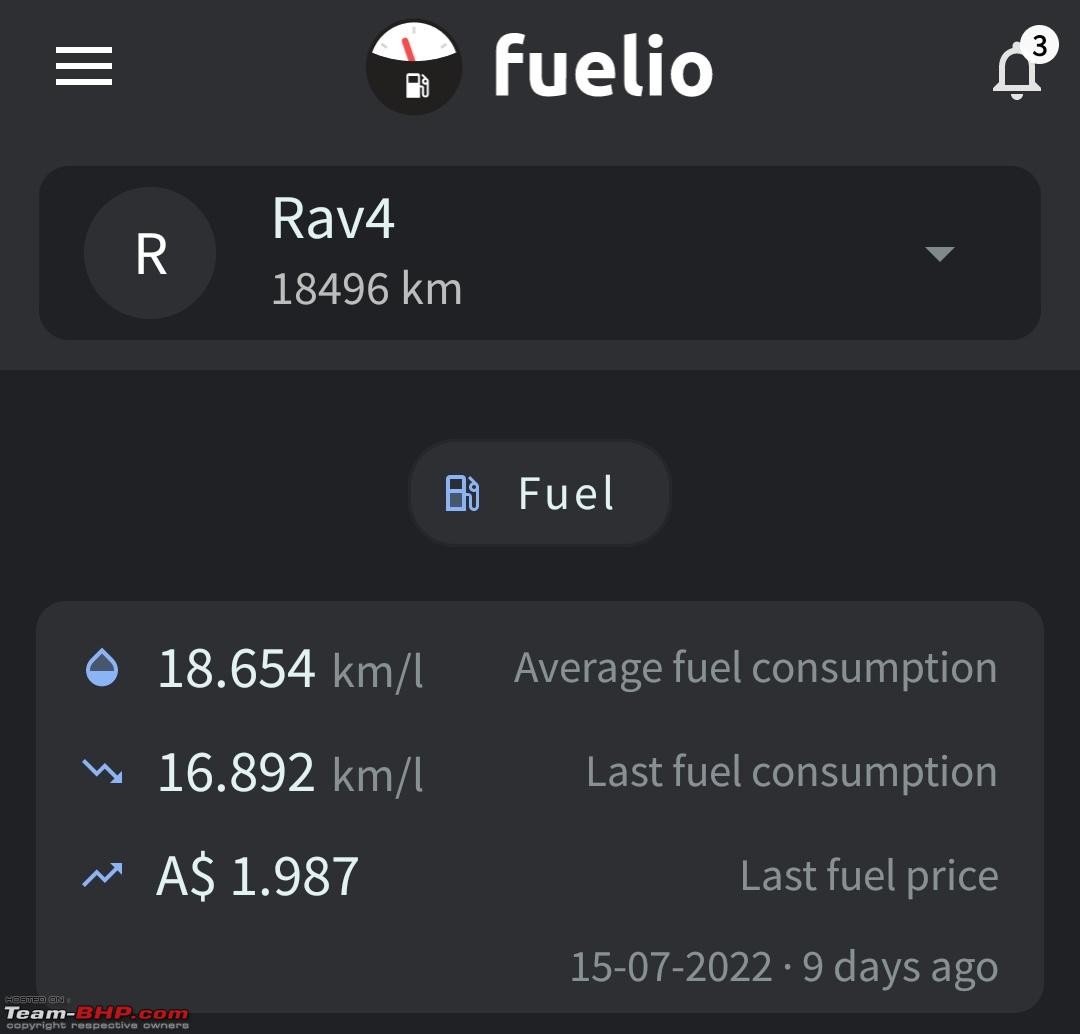News
Strong Hyrbid as a primary car: Yay or nay?
Comparing NVH with ICE cars during idling is not an apple to apple comparison. Hybrids never idle at low rpms, hybrids mean business and they always run in most efficient rpm range.
BHPian On4Wheels recently shared this with other enthusiasts.
Honda launched it first strong hybrid, Honda City e:HEV, a few months backs . Now, Maruti Suzuki and Toyota are gearing up to launch their strong hybrid cars. I guess, more hybrid cars are going to replace the market and it is high time to understand the pros and cons of hybrid cars. The choice of a car by any customer is based on his need: performance, efficiency, reliability, or environment friendliness. As the hybrid car are different from the conventional ICE cars, I would like to understand how different the ICEV compared to conventional ICE cars on above said factors. The important questions for which I seek the expert opinion from this forum are give below:
Based on the break even analysis on Honda City e:HEV, we have seen that it may not be cost effective compared to its conventional counterparts as of now. However, these analyses were based on a few factors viz., capital cost, running cost and the oil price etc. Are these calculations realistic? If not, what are the other important factors we need to consider?
- Most of the hybrid cars are based on Atkinson Cycle which is a low power density cycle. Does this low power density translate to a longer life span?
- The hybrid engines are complex compared to conventional ICEs: different compression and expansion ratios, series mode operation of two different systems etc, higher number of components. Considering the complexity aspect, are hybrid cars reliable?
- Range anxiety is a real problem in EV cars. The compatibility issue with the charger system itself puts lots of EV owners into trouble. The issues like, lean charging network and waiting periods at the charging station (may be in future) are the deal breaker for a customer who is considering the EV as a primary car. Can the hybrid car be considered as the primary car in a real world scenario? The engine produces less power and the battery system augments it. Given a short range of battery (~5 km?), will the car be able to regenerate the battery under real world conditions like hill road driving where the driver is not supposed to stop and take a break.
- The hybrid cars are less polluting as its mileage is more than conventional ICEs. Does it mean the carbon footprint is lower than the ICEs considering the manufacturing and disposal periods also?
I have phrased these questions to understand whether the hybrid vehicle can be considered as a primary car because I am considering to purchase one which should cater my daily office commute as well as occasional long trips. As the members of this forum have lots of real world experience, kindly share your expert opinion on these aspects. Thanks in advance. Have a nice Day.
Here's what BHPian Shreyans_Jain had to say on the matter:
A strong hybrid like the Honda City or Camry can totally be anyone’s primary or only car. They cover all the bases, and are ideal for a market like India where charging remains an issue. The only compromise is on boot space, which gets eaten up by the battery and the spare wheel. As long as one can make do with that, they are an excellent choice.
Here's what BHPian Jeroen had to say on the matter:
For what it is worth: Both my son and my daughter and their respective partners bought A second hand Kia Niro here in the Netherlands. Both about 3-4 years old with about 80-90k kilometres on the clock.
This is a very popular hybrid car for young families. It is larger then our Ford Focus and comes with all the bells and whistles. They both had their cars for about a year anc clocked another 15k. No problems, just normal once a year service. They are averaging 1:25 fuel efficiency.
Of course , the Netherlands is a somewhat different environment then India. But hybrids have been quite popular for some years now. String second hand market. (Most private purchased cars are second hand), no real problems or difference when it comes to reliability compared to ICE type of cars.
Here's what BHPian nandrive had to say on the matter:
After owning Toyota Rav4 hybrid AWD for more than 2 years and driving close to 20k kms here is my short answer. A big YES, strong hybrids can be the Primary and Only Car.
Few more observations:
- All strong hybrids are not same, my experience is with Toyota's 4th generation hybrid implementation.
- I live in Sydney and the terrain here is not flat, to give an example distance between my house and office is 20kms and has elevation difference of 160 metres. I always get 18 to 20kmpl round trip mileage. I always drive at speed limits. My friend's humble hatchback struggles to return half of what I get in the similar conditions.
- Comparing NVH with ICE cars during idling is not an apple to apple comparison. Hybrids never idle at low rpms, hybrids mean business and they always run in most efficient rpm range.
- If the commute distance is short, say less than 10kms, hybrids are not really efficient, they may or may not be as good as non hybrids.
My Rav4 is all wheel drive and weighs 2 tons. I have got an average (tank full method) of 18.6+ kmpl until now and motorway speed limits are usually 110kmph. I would think, with 80kmph highway speed limit, hybrids will be much more efficient in the Indian driving condition.
Read BHPian comments for more insights and information.



















